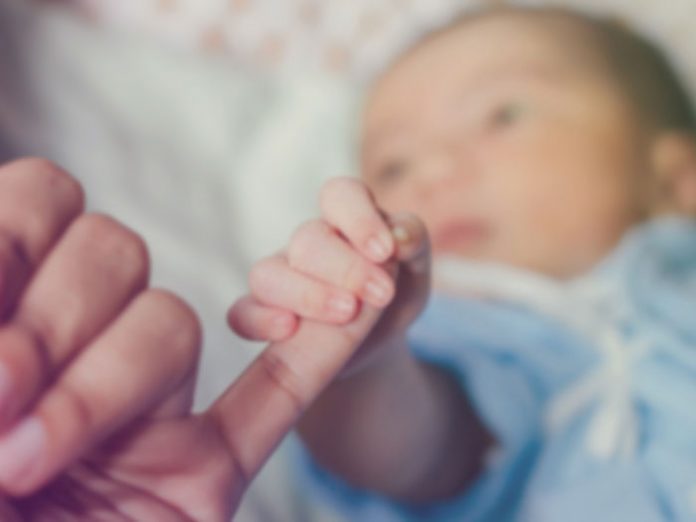Adoption was something I always wanted to do, and it was actually part of my conversation during shidduchim. After our shanah rishonah was up, we submitted applications to all the agencies. At the same time, I was also suffering multiple miscarriages. Then one day a friend called and said that she’d received a letter about a lovely little boy who was presented to them for adoption. The problem was that she and her husband had just adopted a child, and weren’t allowed to adopt a second one for another 18 months. That night, she dropped the information about him at our house. The following day, I rang up the social worker in charge of the case. I told her that I probably shouldn’t have known about this adoption (due to privacy issues, although there was no personal information disclosed), but the baby sounded perfect for us. To my surprise, she told me that I was supposed to have received his information. I suddenly remembered that we had moved apartments since registering with this agency, and the letter had gone to the wrong address. I knew then that Hashem wanted this baby to be with me.
Thus began our official adoption journey and also our official adoption problems. The first thing we had to do was find a social worker who would write our “home study.” This is a grueling process. Just picture your standard shidduch résumé and multiply that by 100. They ask for your family history. Your medical history. Your struggles. Your health issues. Your family’s health issues. They come and look at your house and ask your friends and coworkers to write page-long reports on you. Then you have to take Parent Resources for Information Development and Education (PRIDE) classes. If you do well on all these interviews and pass the medical tests, you then present this inch-thick file to the social worker who handles the child’s case. Basically, the process is about choosing the right parents for the child, not the right child for the parents (which is how most people think it works).
While we were doing this, however, a lot of people in the community were discouraging us; they kept telling us that it’s better to be childless than to adopt. Adoption is the cause of many problems. I heard so many negative comments that I would sometimes cry myself to sleep. But in my heart, I knew that this was what I always wanted. This was how it had to be.
When I called the social worker to see how the case was progressing, she told me that the baby had had a bris. I felt a pang of longing in my stomach for having missed it. But at that point we were only one of the “candidates” for the adoption. Nothing was secure. Nothing was final. The social worker said to me, “Don’t worry, there will be many more simchahs for him.”





















